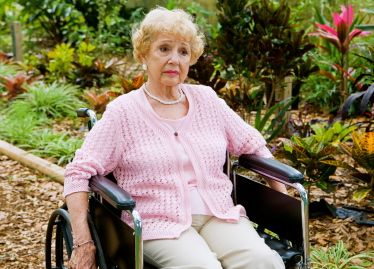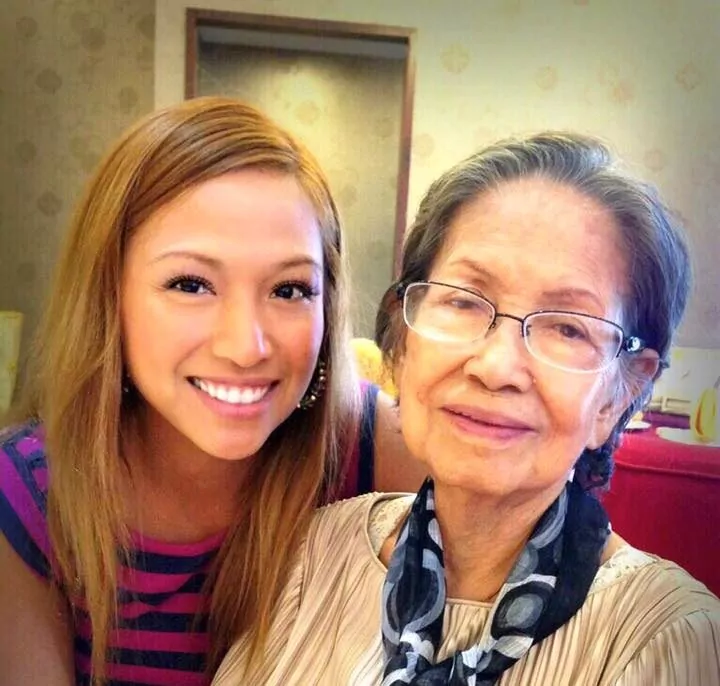 Elder Abuse Introduction
Elder Abuse Introduction
Abuse of elders in a care facility happens more often than we know. The victims are often too scared, or too frail to let us know what is happening to them. We are their advocates. We want them to be safe. But how do we know when our loved one is being mistreated?
There are three basic kinds of abuse in a facility: physical abuse, emotional abuse, and neglect. It’s hard for us to imagine that people who are paid to care for our loved ones might be hurting them. We must be proactive and not be afraid to ask lots of questions and demand the care our loved ones need. Elders at the greatest risk for abuse are those who have serious health problems, dementia, or are socially withdrawn. Those over 80 years of age are also more likely to be abused.
Elder Abuse Prevention
Visiting them often is perhaps the best defense against elder abuse. Staff members know which residents get the most company. If you visit often, you’ll be much more aware of how your loved one is taken care of. It’s a really good idea to come at different times of the day. If you are unable to only make it at a certain time, have another family member, or friend drop by during another shift. It only takes one abusive caregiver to make your loved one’s life miserable and dangerous.
Types of Elder Abuse
Physical Elder Abuse
Neglect as Elder Abuse
Emotional Elder Abuse
Physical abuse might not be apparent unless you are looking for it. Older people do have sensitive skin and they bruise easily, but don’t hesitate to ask staff and administration about bruises, abrasions, welts, cuts or even sores. Any of these conditions is a warning sign and you need to take it seriously. Sexually transmitted diseases are also a sign of abuse. Talk to your loved one. Let them know that you will not tolerate them being abused. If they know you are ready to protect them, they’ll be more forthcoming about how they are being treated.
Neglect is another form of abuse and perhaps the easiest to overlook. Be observant. How does your loved one look? Are they well-groomed? Do they smell right? Are their clothes and room clean? How does their bathroom look? Have they lost weight lately? Are they often confined to their bed when you visit? Make sure they have their belongings, especially glasses, dentures, and hearing aids. Is their walker in a handy spot for them to use? You have to speak up when you see any signs of neglect. Don’t be afraid to go to the top administrators with your concerns. Speak calmly, but let them know you will not accept inadequate care.
Emotional Abuse is also hard to spot. If your loved one suddenly becomes withdrawn and quits participating in their normal activities, you should be on the lookout for how care staff interacts with your loved one. Again, talk to your loved one. Ask them if they’re being treated well. Ask them who they prefer to care for them. Then ask them who they don’t care for, and why. Emotional abuse can be life-crippling for anyone, but especially for frail elders.
Speak up! To report suspected abuse you may call the Eldercare Locator at 800-677-1116 for
state reporting numbers. Ombudsmen are available in nearly every state to insure elders are well-cared for
Copyright © 2018 SeniorCareHomes.com. All Rights Reserved.
About The Author: Karen Everett Watson is a Gerontologist and has over 10 years experience as a Journalist. Karen has spent 4 years in the senior community interviewing retirement community residents.
Articles Related To Elder Abuse:
- Elder Abuse Prevention
- Avoid Elder Abuse From A Distance
- Crime and Older People
- Safer Home For Seniors
Catharine “Kate” is a Certified Administrator for Residential Care Facilities for the Elderly (RCFE) and an Expert Senior Care Advisor. Kate’s grandmother battled Alzheimer’s Disease and Kate personally understands what millions of families are going through. Kate and her team are very passionate in empowering Seniors and their families by providing them with the Best Available Senior Care Options based on Senior’s care needs, preferred location and family’s budget.


